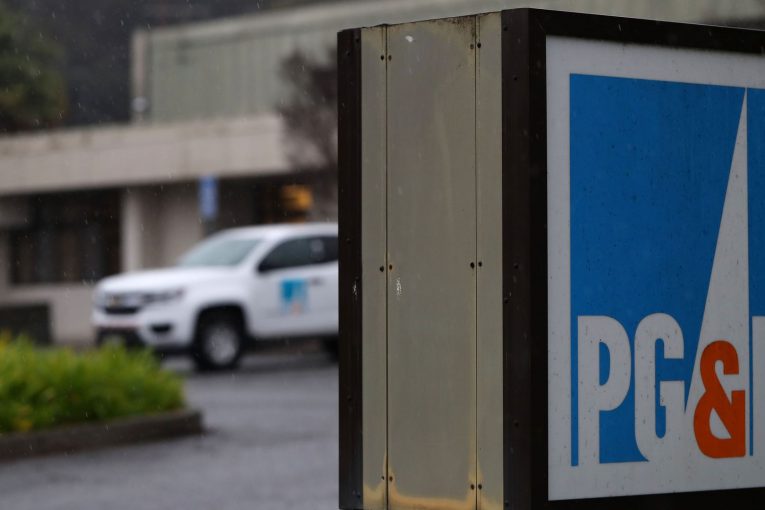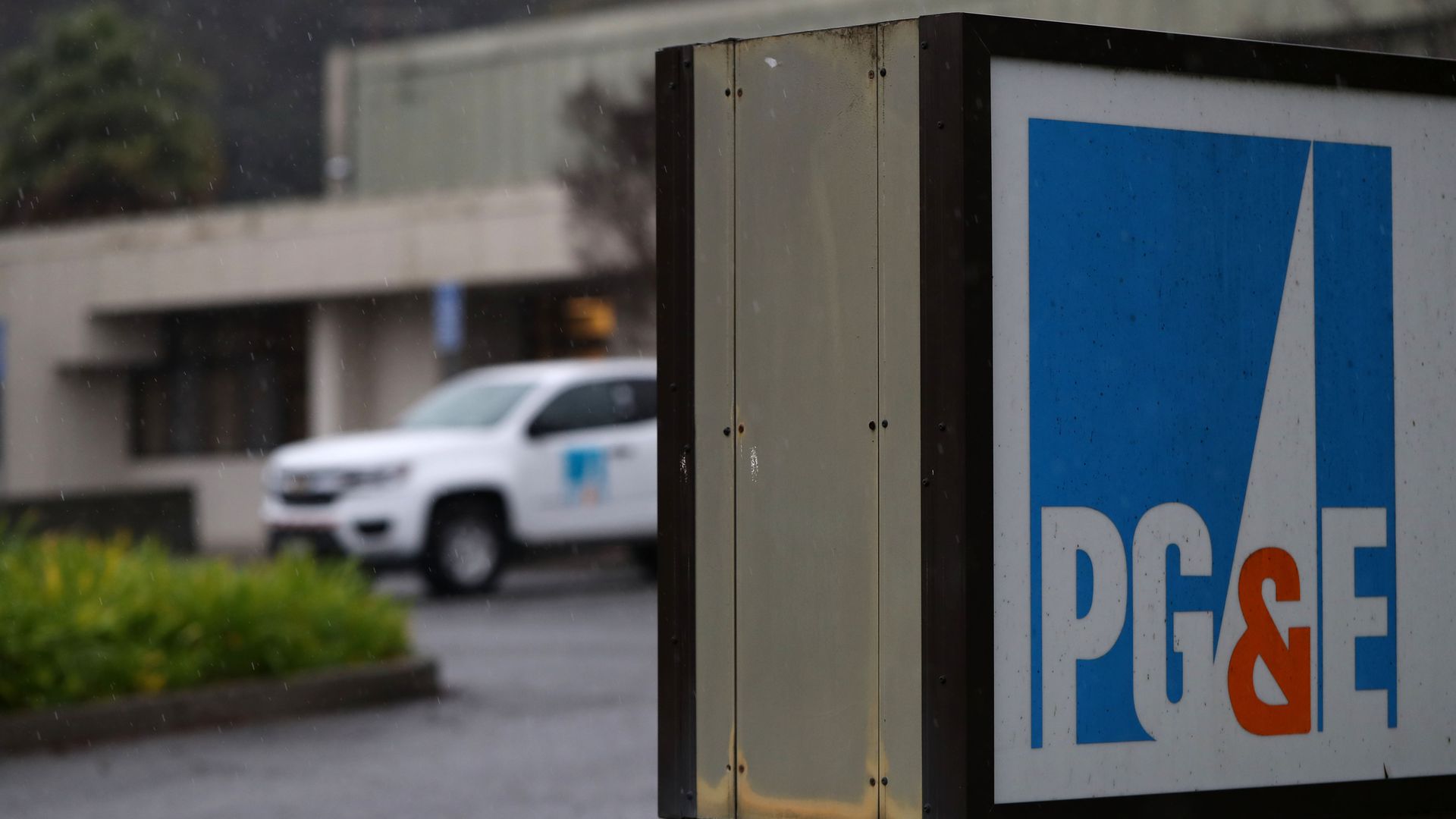

by Elias Bunting
I recently read the Enterprise’s article about campaign contributions in the District 4 Yolo County Supervisors race. I was very disappointed to learn that a candidate in that race took money from PG&E. As a climate advocate, PG&E is the last corporation I want to see involved in our local elections. PG&E is responsible for dozens of wildfires, hundreds of deaths, and thousands of homes destroyed in California. As a Davis resident, my rates have also been hiked by PG&E, all while my  service worsens.
service worsens.
 service worsens.
service worsens.PG&E has been flexing its political power to pass its liabilities onto ratepayers. Who could forget the money PG&E spent to defeat Yolo’s effort to join SMUD? As a community, we need to create a locally-controlled energy grid that relies on 100% renewable energy. Electing people who take money from PG&E is two steps backwards.
Yolo County is also beginning to implement its climate action & adaptation plan. As PG&E cuts investment in renewables due to their bankruptcy, the last thing we need in Yolo County is a Supervisor beholden to PG&E. The Enterprise reporting also begs the question: how can PG&E even give money to candidates with their recent bankruptcy? Is that what my higher rates are paying for?
I encourage everyone to read the Enterprise coverage of the contributions to the Supervisor race. I will be voting for a candidate who did not take money from PG&E.
Elias Bunting (he/him/his)
Ph.D. Student
Department of Plant Pathology- McRoberts lab
Ph.D. Student
Department of Plant Pathology- McRoberts lab

Thank you Elias for this very timely and helpful letter. Your logic is spot on. Although I would change the wording of your last sentence to “I will NOT BE VOTING FOR a candidate who did take money from PG&E.”
PG&E gave $5,000 to the Yes on N campaign. Are you saying we shouldn’t vote to fund our schools because PG & E donated to pass the new parcel tax?
Colin, the answer to your question comes by asking “What is the quid pro quo?”
For Measure N, I don’t see any possible “payback” that DJUSD might provide to PG&E in return for their donation.
None whatsoever.
Don, in the case of Measure N and DJUSD, I agree with you 100% … “None whatsoever.”
In the case of candidates for public office on the current ballot, also “none whatsoever.”
These sorts of insinuations are unnecessary and beneath you. If you have policy disagreements about any of the candidates, I suggest you discuss those instead.
Don, my reply to you is exactly the same as my reply to Richard … Richard, I think the Laissez–faire approach you are advocating for is pretty close to a lowest common denominator approach. Candidates can, and do, refuse/reject donations from organizations whose principles are unacceptable to them. Richard’s comments about the CPUC (California Public Utilities Commission) and its relationship to PG&E clearly indicate that he finds PG&E’s principles as unacceptable … and he is more than willing to “stand up and be counted.” Shouldn’t candidates for office be expected to have that kind of backbone? They need to walk the walk, not just talk the talk … or in some cases whisper the talk.
The expense of conducting a campaign is no excuse. All it is is putting lipstick on a pig.
To be devil’s advocate for a second, there is also the Jesse Unruh school of thought: “If you can’t eat their food, drink their booze, screw their women and then vote against them, you have no business being up here.”
It’s basically what we now call “Virtue Signalling.” There are mountains of political science data using the most sophisticated methods you can imagine and mostly it can’t find a meaningful difference money makes on votes. If you want someone who will stand up to the big interests, fine, but understand that that’s largely symbolic.
My question was rhetorical really. It came from reflecting on people opposing Allen are likely supporting N, which of course Sheila does too. I could have asked is there a double standard being applied?
At the end of the day I doubt $1,000 from PG&E influences Allen or the district at all. It more show who PG&E likes. Maybe PG&E likes DJUSD 5x more than Allen? I am curious why PG&E put so much into Measure N.
I’m not a fan of PG&E (you can search from what I’ve written about them). But most candidates accept money from a range of interests, many corporations that have significant ethics problems. We generally won’t get candidates that meet a “purity” test. Look at the individual candidates for the values that they hold, and understand campaigning is expensive.
Richard, I think the Laissez–faire approach you have described is pretty close to a lowest common denominator approach. Candidates can, and do, refuse/reject donations from organizations whose principles are unacceptable to them. Your comments about the CPUC (California Public Utilities Commission) and its relationship to PG&E clearly indicate that you find PG&E’s principles as unacceptable … and you are more than willing to “stand up and be counted.” Shouldn’t candidates for office be expected to have that kind of backbone? They need to walk the walk, not just talk the talk … or in some cases whisper the talk.
The expense of conducting a campaign is no excuse. All it is is putting lipstick on a pig.
PG&E and others use candidates as a cheap advertising vehicle – probably better from their perspective if it’s the expected winner, but only because it makes a more solid association for the donater. The clear thing to look at here is how a hostile candidate can work against something like a profitting infrastructure monopoly and non-default power supplier, forever tainted by e.g. calamities and its lobbying against local SMUD-ness.
Perhaps companies can offer symbolic anti-donations to make it clear with whom they are against!
Anyway, don’t forget the ABC’s about PG&E!